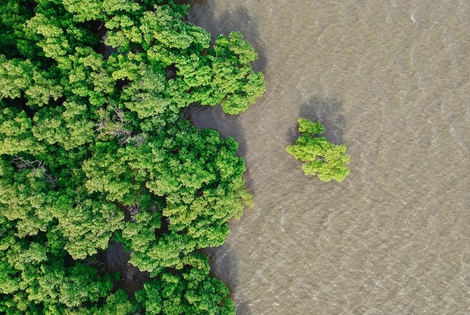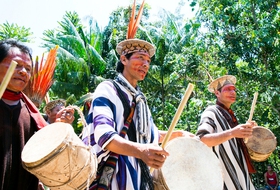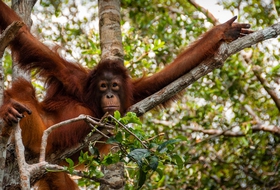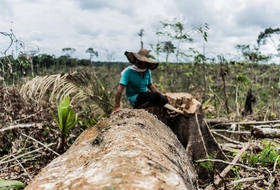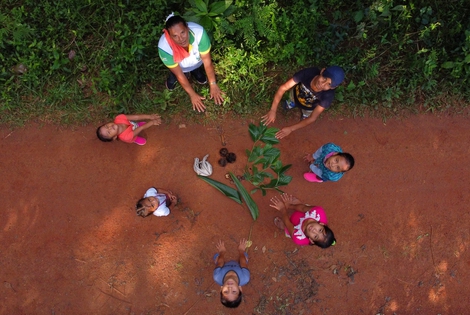
The Amazon became an alternative classroom during the pandemic. Now, the educational forest in Batraja, Bolivia, lives on to teach children and adults the value of nature.
When the Amazon was going through one of its toughest moments due to deforestation – in 2008 – Norway, one of the world’s main oil producers and forests protectors at the same time, decided to support Brazil’s government in fighting deforestation, by pledging 1 million dollars if it could curb the trend. Seven
When the Amazon was going through one of its toughest moments due to deforestation – in 2008 – Norway, one of the world’s main oil producers and forests protectors at the same time, decided to support Brazil’s government in fighting deforestation, by pledging 1 million dollars if it could curb the trend.
Seven years after, the Norwegian Ministry of the Environment has declared it will pay out the final 100 million dollars to Brazil, as a reward since it has managed to cut deforestation rate by 75% compared to 1996-2006 levels, in accordance with the agreements between the two countries. Brazilian farmers have saved and safeguarded about 53,000 square kilometres of forest, i.e. an area larger than 12 soccer fields. The UN Secretary-General Ban Ki-moon called this goal an “outstanding example” of international collaboration on sustainable development.
Norway’s aids contributed to avoid the emission of about 3.2 billion tonnes of CO2 in the atmosphere, i.e. the amount emitted by all American cars over 3 years. It is an outstanding figure, one of the highest reached by an international plan aimed to fight climate change. Therefore, Brazil has to be seen as a case study, and has to be followed by those countries benefitting from the fact they have pieces of the Amazon within their borders.
Siamo anche su WhatsApp. Segui il canale ufficiale LifeGate per restare aggiornata, aggiornato sulle ultime notizie e sulle nostre attività.
![]()
Quest'opera è distribuita con Licenza Creative Commons Attribuzione - Non commerciale - Non opere derivate 4.0 Internazionale.
The Amazon became an alternative classroom during the pandemic. Now, the educational forest in Batraja, Bolivia, lives on to teach children and adults the value of nature.
Our species took its first steps in a world covered in trees. Today, forests offer us sustenance, shelter, and clean the air that we breathe.
Bangladesh suffered widespread damage as a result of Cyclone Amphan. Yet the Sundarbans mangrove forest acted as a natural barrier protecting the country from further destruction, as it has done countless times before.
On top of a 2.4 million dollar compensation, the indigenous Ashaninka people will receive an official apology from the companies who deforested their lands in the 1980s.
The tapir was reintroduced into Brazil’s Atlantic Forest, the country’s most at-risk ecosystem. The species can play a key role in the forest’s recovery.
Forests are home to 80 per cent of the world’s terrestrial biodiversity. This year’s International Day of Forests highlights the urgent changes needed to save them.
After a legal battle that lasted two years, Indonesia’s Supreme Court has revoked the permit to mine for coal in the forests of South Kalimantan in Borneo.
The list of human and animal victims of the Australia wildfires keeps growing – one species might already have gone extinct – as the smoke even reaches South America.
Areas where the FARC guerrilla used to hold power in Colombia have faced record deforestation. Farmers cut down trees, burn land and plant grass for cows. Because, “what else can we do for a living here in the Colombian Amazon”? An intimate report from the heart of the felled forest in Caquetá.

